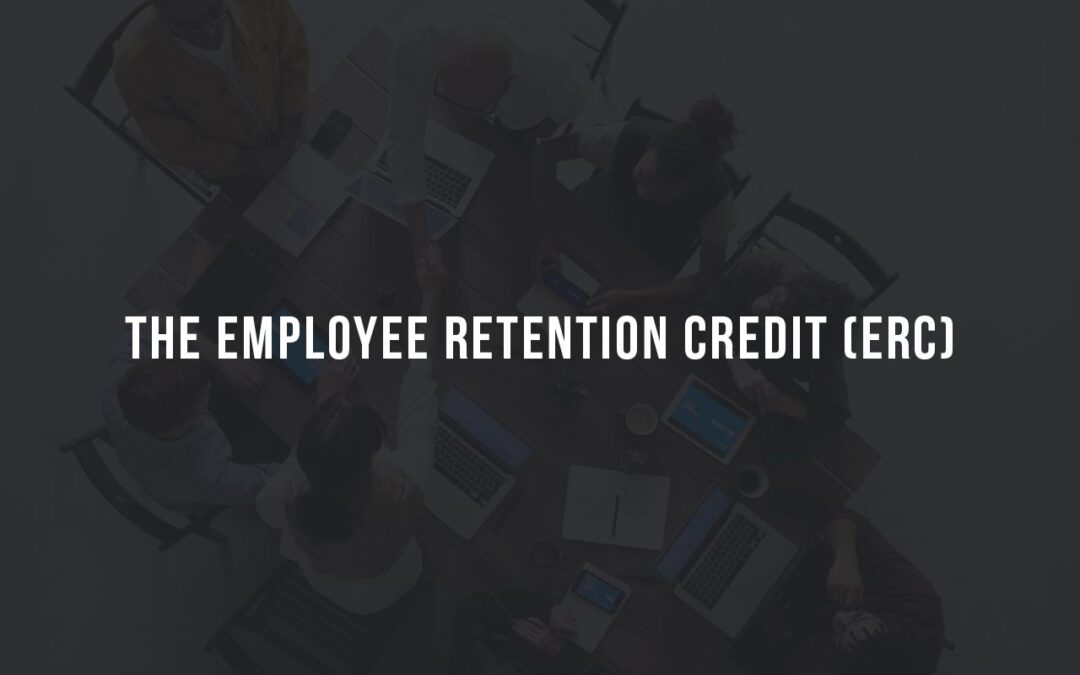How to create the paper trail for rental real estate deductions
Estimated Reading Time: 3 minutes 42 seconds
Taxpayer’s trying their hand at real estate investment often miss a few key points with how they approach their time spend on real estate matters.
Whether your real estate investment is for appreciation (or speculation), flipping, or renting, the ability to prove what you did and when during the year is often an afterthought. DO NOT be this person. Let’s start from the top.
Do you spend more than 50% of your time in real property trade or businesses and does that time spent exceed 750 hours per year? If you are a real estate agent or real property manager, that should be no effort. If you do not have either of those two jobs, then how do you prove the time spent is at least half your working time and more than 750 hours?
The IRS states in the regulations, “Contemporaneous daily time reports, logs, or similar documents are not required if the extent of such participation may be established by other reasonable means.” Which translates roughly to “a time log will work if there is no other way to prove time spent”. Google helped translate that word salad.
When taxpayers have taken the IRS to court (not always a good idea for self-representation) and provided witness and personal testimony the courts have found for the IRS. Not to repeat this again, but a simple time log would have spared the courts and the taxpayers. A simplistic example (left), is often enough to have the IRS move on or accept your real estate participation, as long as it is kept up with as you go. Trying to create a log after the fact is an easy way for the IRS to prove you did not meet the standards.
There are some additional finer points to keeping the time log and what items to log that are deductible and what items should be logged and are not deductible, which can be specific to each taxpayer. Those nuances are worth an email to GP CPA or a phone call so we can make sure your real estate deductions are protected. Contact us before you develop any more bad documentation habits!
Related Articles

Tax Projections vs. Tax Planning: Why Knowing the Difference Matters
At GP CPA, we help business owners make informed financial decisions year-round—not just during “certain times” of the year.. One common point of confusion we encounter is the difference between tax projections and tax planning. While these two services are closely related, they serve distinct purposes and deliver very different outcomes.

Why We Use Relay Financial—And Why You Might Want to, Too
At GP CPA, we’re always on the lookout for tools that help small business owners save time, stay organized, and keep cash flow running smoothly. One of those tools? Relay Financial—and we don’t just recommend it, we use it ourselves.

Starting a Business in North Carolina or South Carolina?
Starting a business is exciting—it’s also a little like setting out on a road trip without a map (or GPS) if you’re not prepared. You might end up in a great place by sheer luck, but chances are, you’ll hit a few dead ends or take longer than necessary to get where you want to go. That’s where we, the CPAs and business advisors, come in handy.

Navigating the Unexpected Closure of Bench: GP CPA, P.C. Is Here to Help
In contrast to Bench, (RIP?), GP CPA, P.C. is a Certified Public Accounting firm located in the Southeastern United States. We are second generation CPAs and business advisors. We can take over for wherever it is that Bench left off and with us, you won’t experience a data hostage situation with our firm.

Don’t Panic: What to Do When You Get a Tax Notice
Picture this: You’re sifting through the mail, dreaming about coffee or a vacation, and then—bam! There it is. An ominous letter from the IRS or your state tax agency. Before you launch into a full-blown panic spiral, let’s talk through what this means and how to handle it. Spoiler alert: ignoring it won’t make it disappear.

The Employee Retention Credit (ERC)
The Employee Retention Credit (“ERC”) has had some upgrades and retrofits to some of the basic calculations with the most recent (12.27.20) CARES Act changes.
Comments

0 Comments